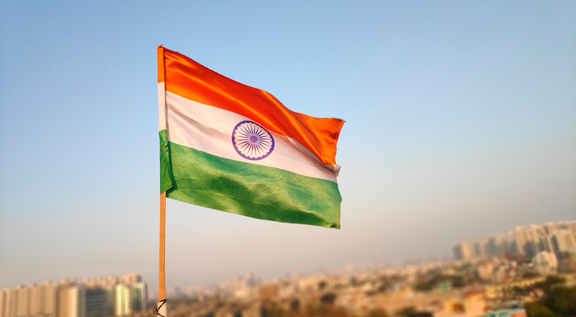
Image: Pixabay
Unseasonal rains and hailstorms have damaged winter-planted crops such as wheat in the fertile plains of northern, central and western India, exposing thousands of farmers to losses and increasing the risk of further inflation in food prices.
Torrential rains on Sunday and Monday lashed Punjab, parts of Uttar Pradesh's Haryana and the state of Madhya Pradesh, which accounts for most of the wheat production in India, the world's biggest producer after China, washing away crops and flooding farms. .
{module Form RD}
Lower crop yields will reduce India's wheat production for the second year in a row, making it difficult for the state-run Food Corporation of India to sustain its depleted stocks.
A sudden rise in temperatures hit the wheat crop earlier this month. Last year, a heat wave cut the country's wheat production, forcing India to impose a ban to calm local prices, already boosted by limited supplies from the Black Sea region due to Russia's invasion of Ukraine.
The wheat harvest looked promising until early March, when the weather turned unfavorable due to rising temperatures, said Ramandeep Singh Mann, a farmer in the northern state of Punjab.
“Now, the rains and hail have flattened the harvest. It’s a double whammy for us,” Mann said.
After a period of drought, untimely rain and hail began to hit winter-sown crops last week, just before harvest began.
Most farmers were caught off guard by repeated rain and hail that lashed fields full of ripe crops, raising concerns about deteriorating quality.
“The rains wiped out our investment in crops and we are facing huge losses,” said Buddha Singh of Uttar Pradesh, India's biggest wheat-producing state.
Rain and hail also hit chickpea and potato crops, farmers said. This could reduce production and increase food inflation, which the government and central bank have been trying to contain.
Although it is too early to know the extent of the damage, the government is assessing the situation and will try to help farmers, said a senior government official, who declined to be named in line with official rules.
Source: Mayank Bhardwaj | Notícias Agrícolas












